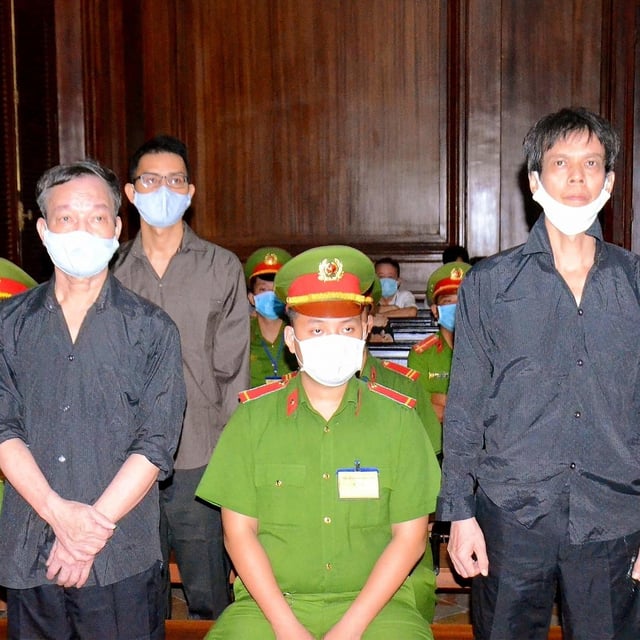Overview
- Voice of America and its sister outlets have largely ceased operations following President Trump's executive order cutting federal funding, impacting over 1,300 employees at VOA alone.
- Radio Free Europe/Radio Liberty and Radio Free Asia have filed lawsuits, arguing that the funding cuts violate federal law and Congress's appropriations authority.
- Critics warn the move undermines U.S. soft power and democracy promotion efforts, leaving authoritarian regimes like China and Russia to expand their influence unchecked.
- European nations, led by Czechia, are exploring ways to replace U.S. funding for Radio Free Europe/Radio Liberty, though legal and logistical hurdles remain.
- Chinese and Russian state media have celebrated the closures, describing them as victories against U.S. 'propaganda' while rights advocates highlight the outlets' critical role in exposing human rights abuses and countering disinformation.



